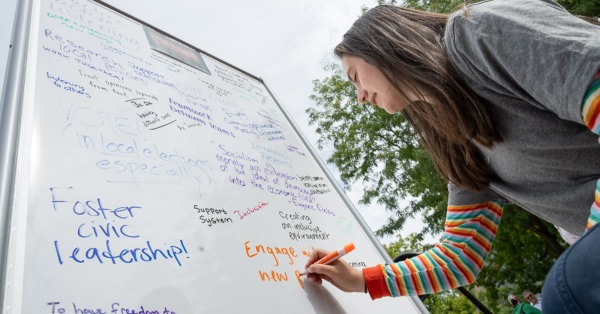 At this pivotal moment for American democracy, our faculty members are advancing important dialogue and scholarship about democratic systems and participation. Throughout the fall semester, their work has sparked important conversations through innovative research and media engagement. Whether analyzing political discourse, exploring gender dynamics, or engaging students in civic life, their expertise helps us understand democracy not just during election season, but year-round.
At this pivotal moment for American democracy, our faculty members are advancing important dialogue and scholarship about democratic systems and participation. Throughout the fall semester, their work has sparked important conversations through innovative research and media engagement. Whether analyzing political discourse, exploring gender dynamics, or engaging students in civic life, their expertise helps us understand democracy not just during election season, but year-round.
Take a look at a few ways some our faculty are advancing democratic understanding and civic engagement.
Karrin Vasby Anderson
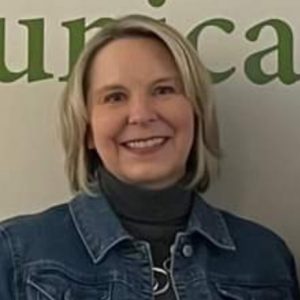
Through multiple compelling articles published in The Conversation, Professor Karrin Vasby Anderson offers unique insights into how gender and masculinity are defining themes in the 2024 presidential race. Her articles examine pivotal moments including the Democratic National Convention’s historic shift as men stepped back to support a woman candidate; the Harris-Trump debate that exposed connections between masculine insecurity and democratic vulnerability; and the Walz-Vance vice-presidential debate that highlighted competing versions of masculinity.
Anderson’s scholarship highlights how gender dynamics continue to shape politics and democratic institutions. Speaking to this evolution in political leadership, Anderson notes:
“When you need to make a circle wider, and let more people in, you step back. That doesn’t leave you out of the circle. It makes your circle bigger.”
Martín Carcasson
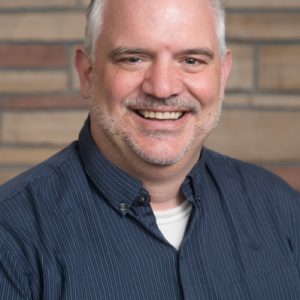
Professor Martín Carcasson, director of the CSU Center for Public Deliberation, and Sam Houghteling, director of CSU’s Straayer Center for Public Service Leadership, share their vision for civic engagement on The Next 150 podcast. In their conversation with CSU president Amy Parsons, they explored how universities can cultivate active citizenship through civic education. Their discussion highlighted how both centers work to provide students with the skills they need for meaningful democratic participation.
“If we’re engaging people as collaborative problem-solvers, I think that’s the heart of democracy that we need to bring forth in our students,” said Carcasson.
Nick Marx
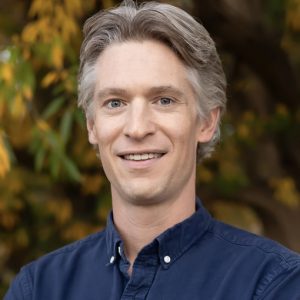
Associate Professor Nick Marx brings fresh insights to the understanding of political discourse through his research on conservative political comedy. In his co-authored book, “That’s Not Funny: How the Right Makes Comedy Work for Them,” Marx examines how conservative comedy has evolved from confrontational rhetoric to mainstream entertainment through public figures like Joe Rogan and Greg Gutfeld. His analysis shows how humor shapes political dialogue and influences democratic discourse in the media.
“At its best, comedy breaks boundaries and pushes taboos. We’re in this weird political, cultural moment where on the one hand, inclusivity and belongingness are extremely important to many folks,” said Marx. “We want to create spaces where all are welcome. But on the other hand, we live in a time of intensely identity-driven storytelling and modes of cultural communication.”
Natalie Pennington
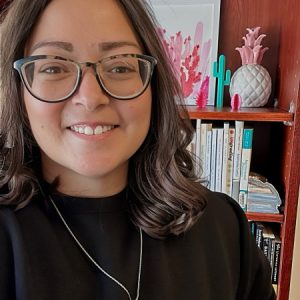
Assistant Professor Natalie Pennington’s research on communication and relationships offers valuable insights into managing political conversations this election cycle. Her work examines how social media transforms political discourse among friends, family, and acquaintances, while providing practical guidance for maintaining relationships across political differences.
“Politics are everywhere – it’s even showing up in the Taylor Swift and Brittany Mahomes world. I think we need to be prepared for when politics comes up, especially as we navigate our different relationships,” said Pennington.
Through their diverse research and engagement, these Communication Studies faculty members demonstrate how communication can enhance our understanding of democratic processes and strengthen civic participation.